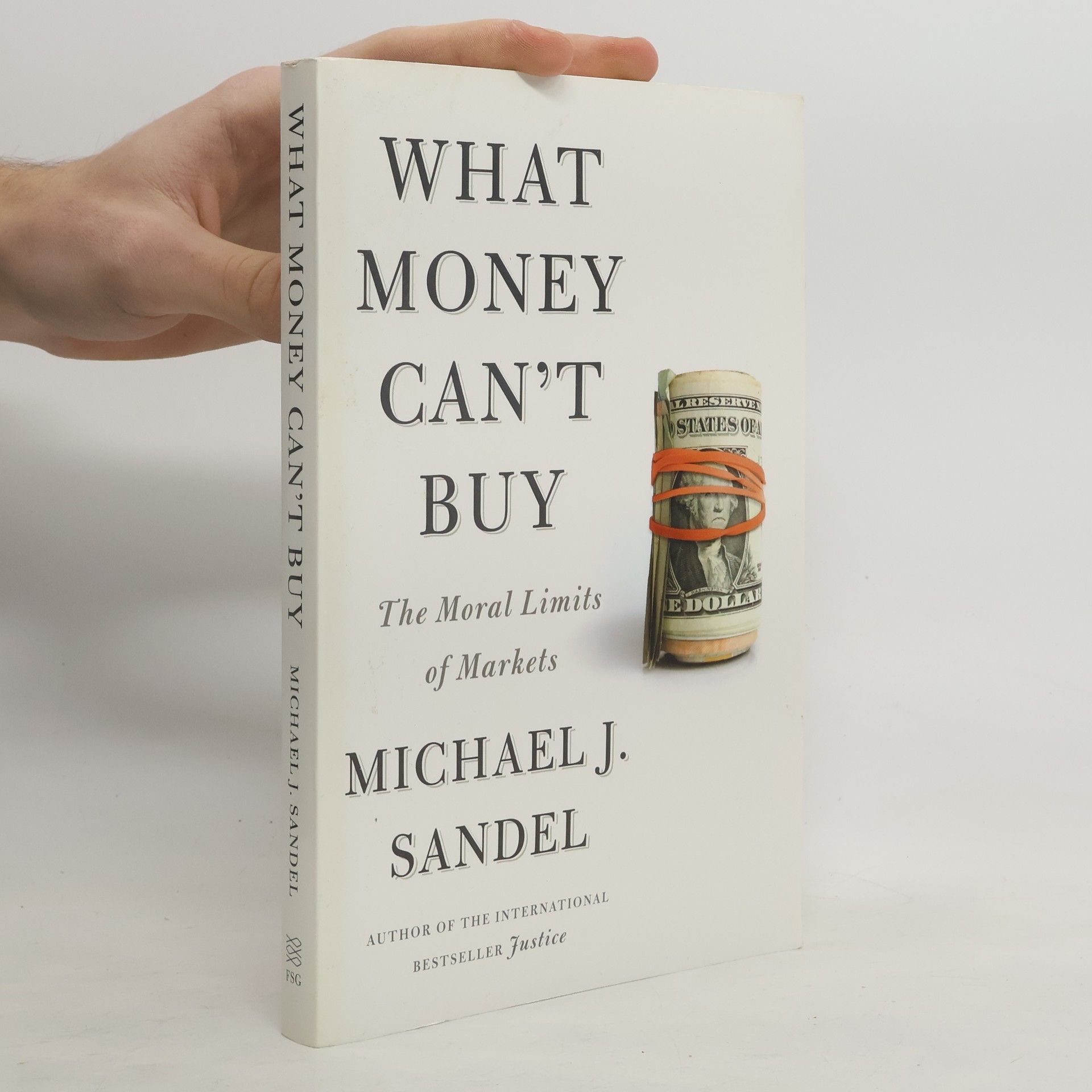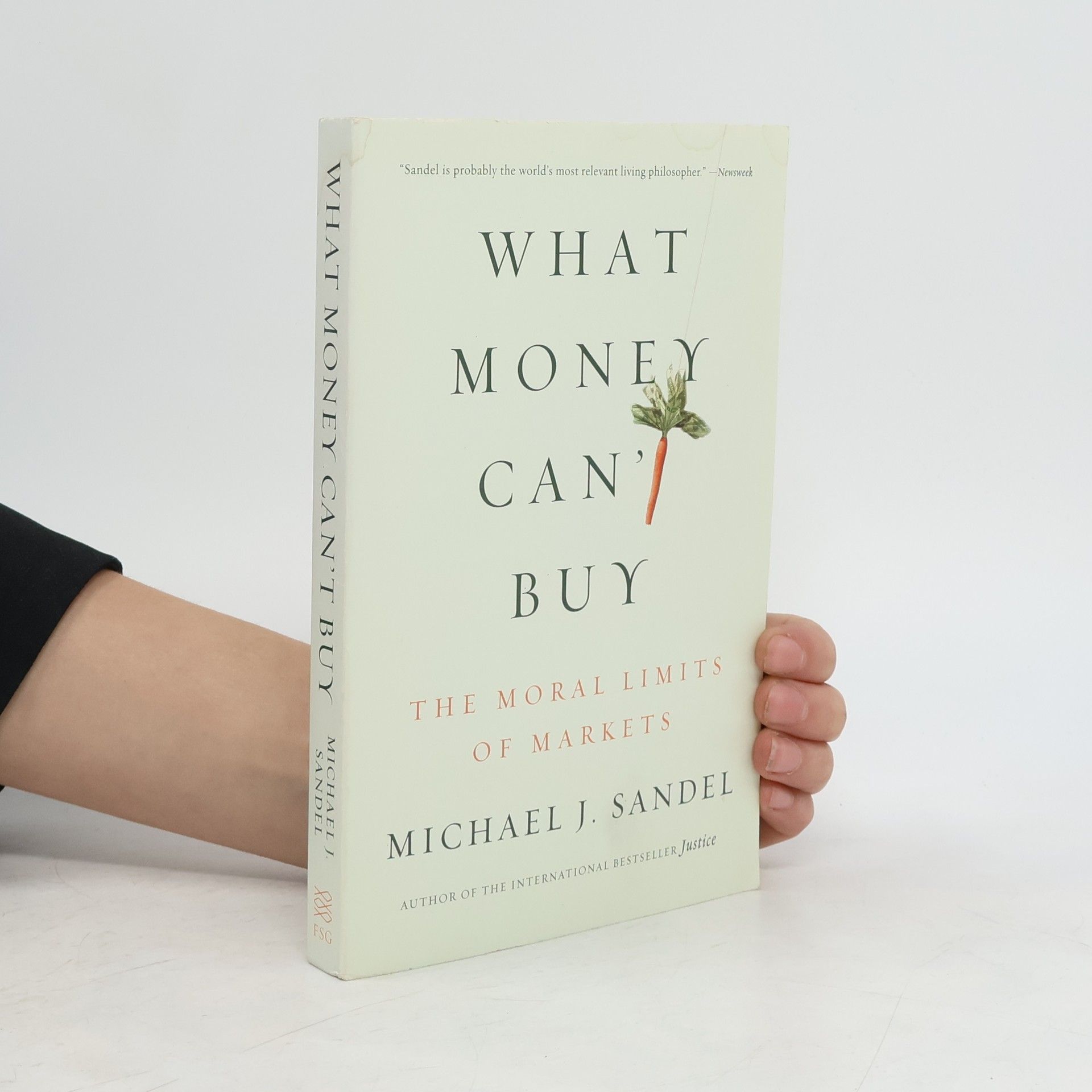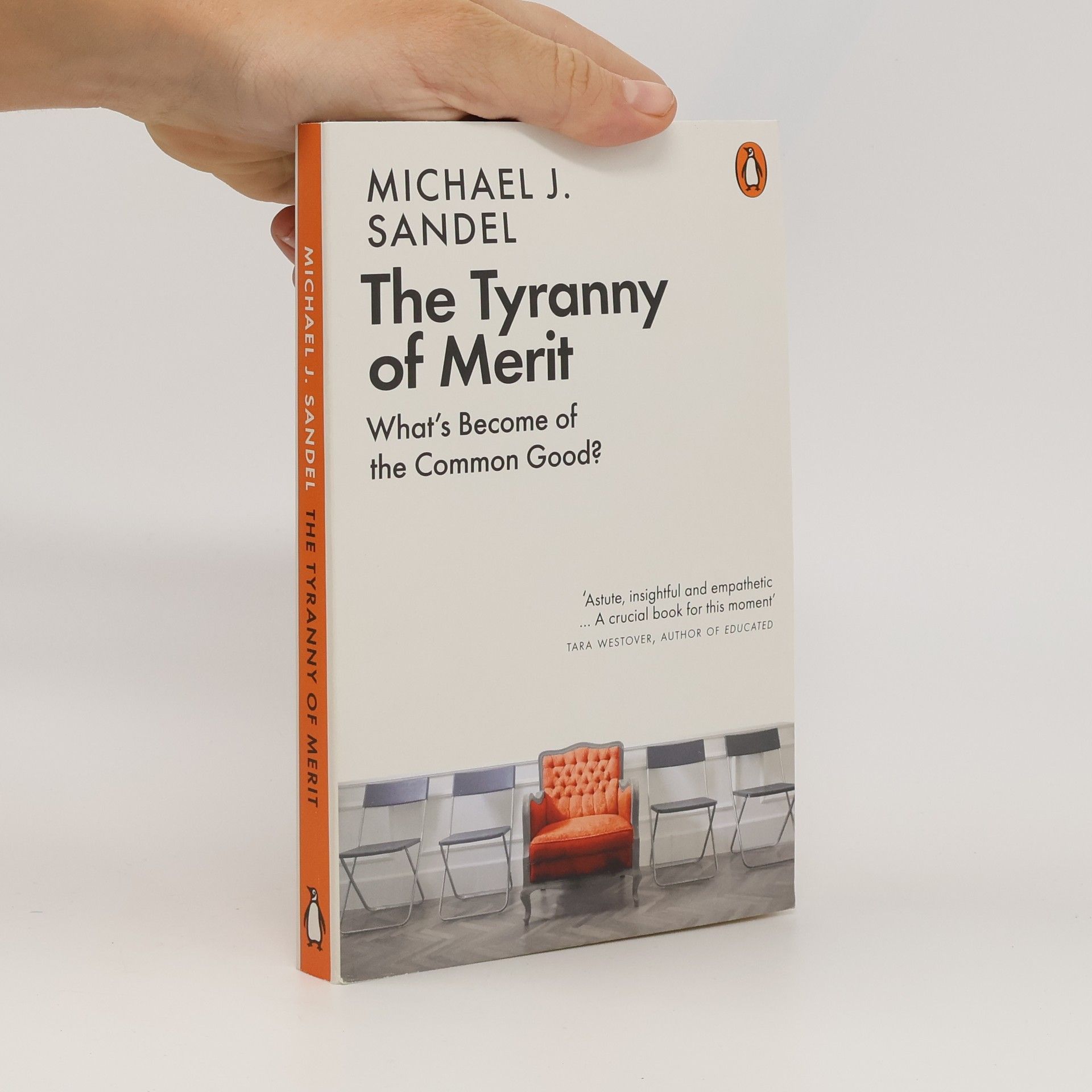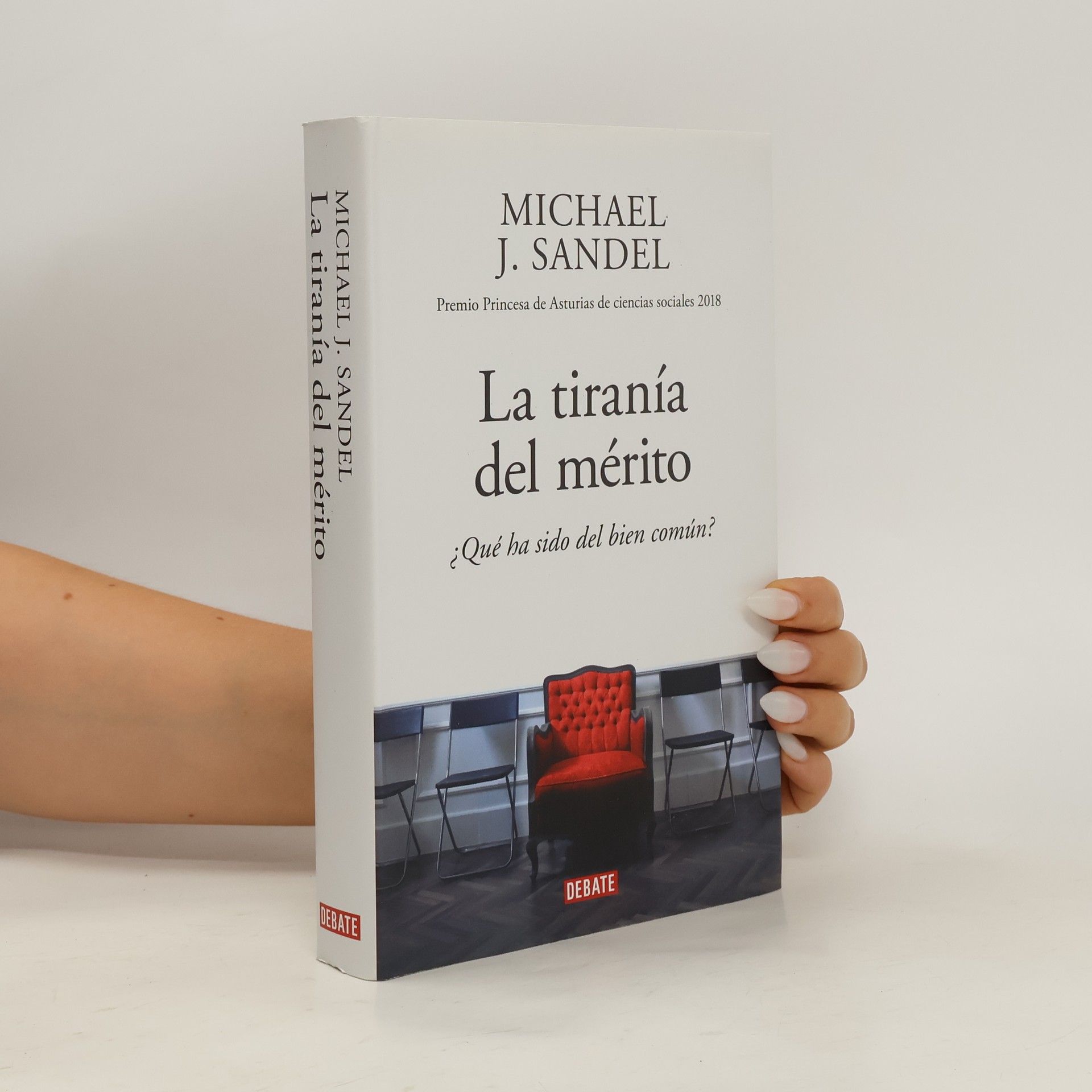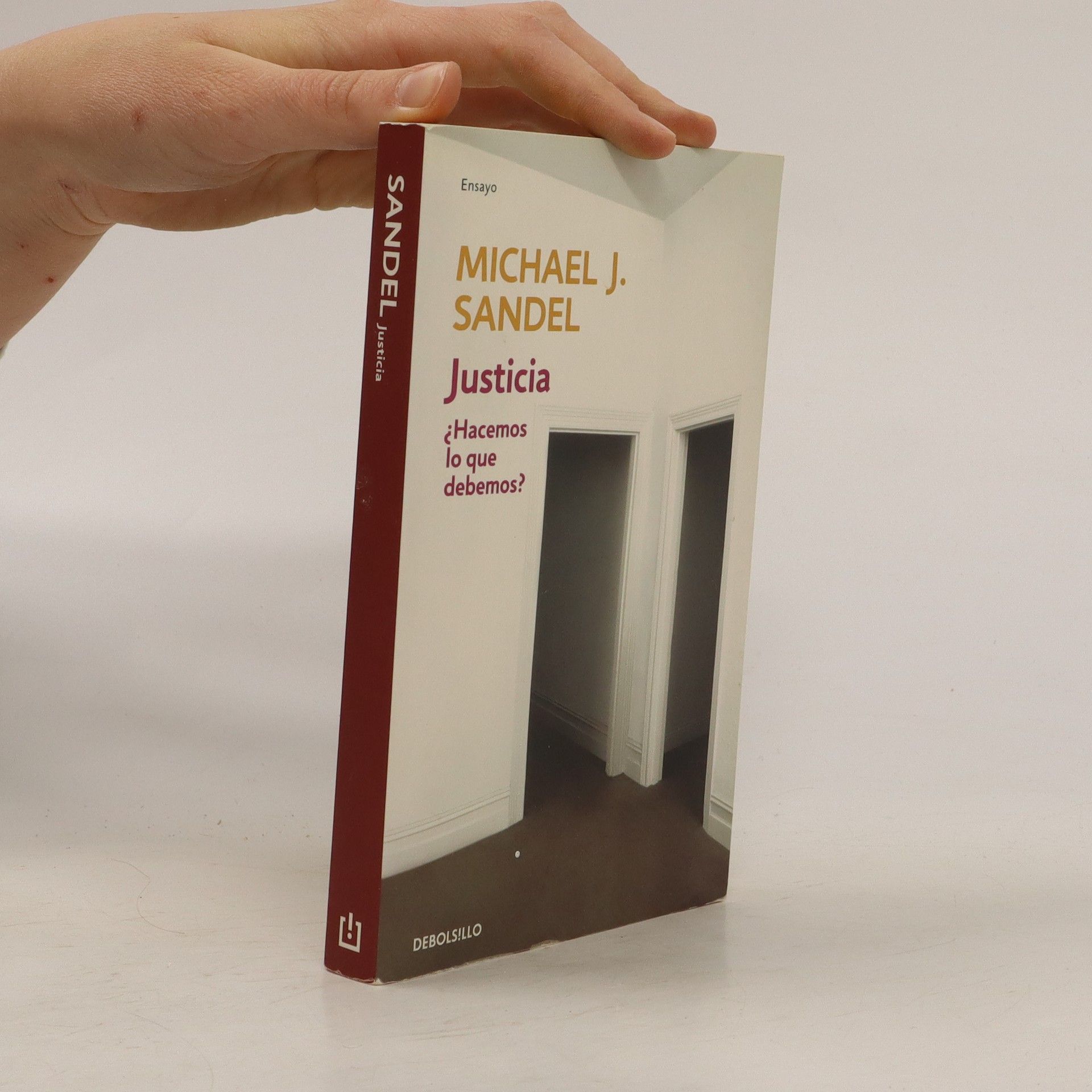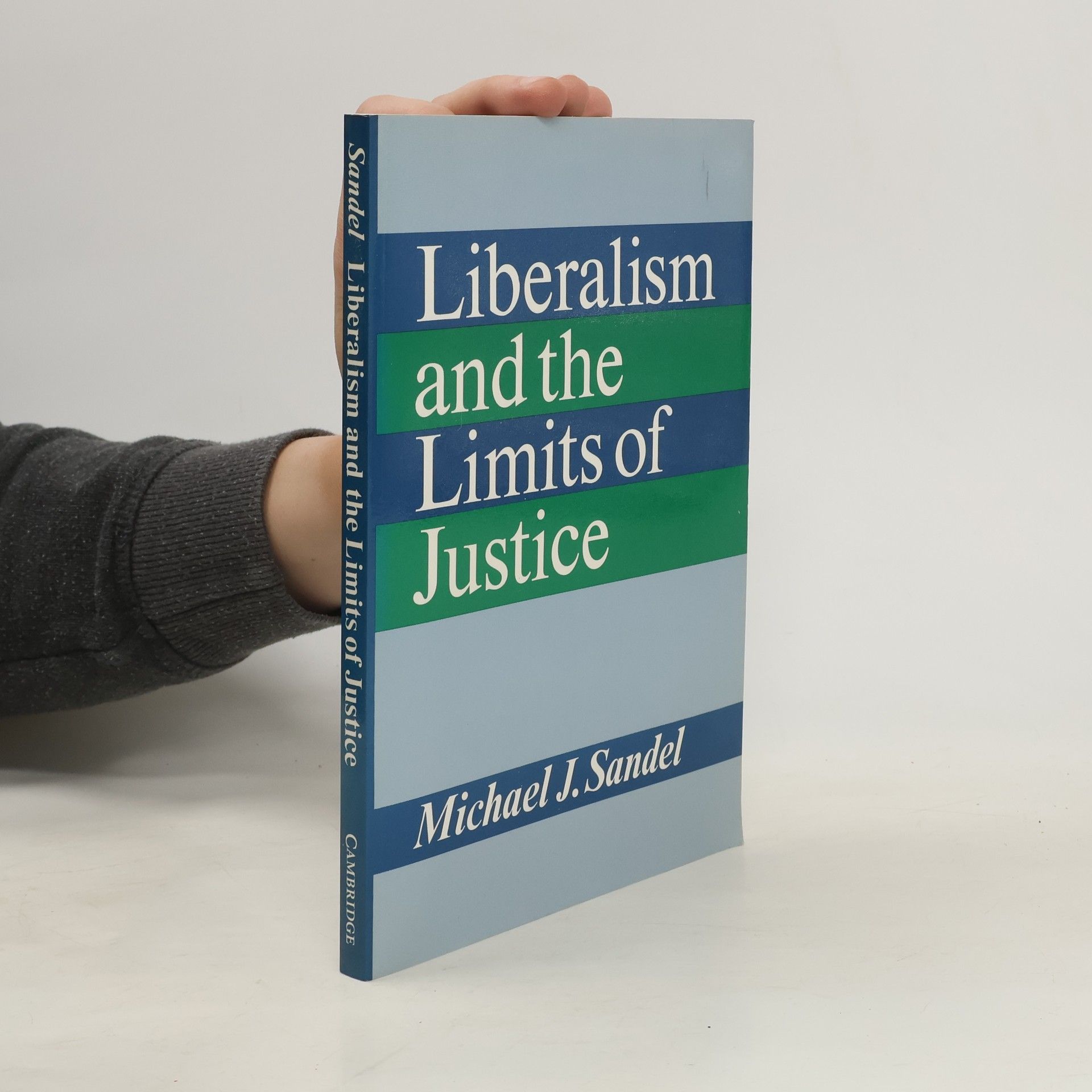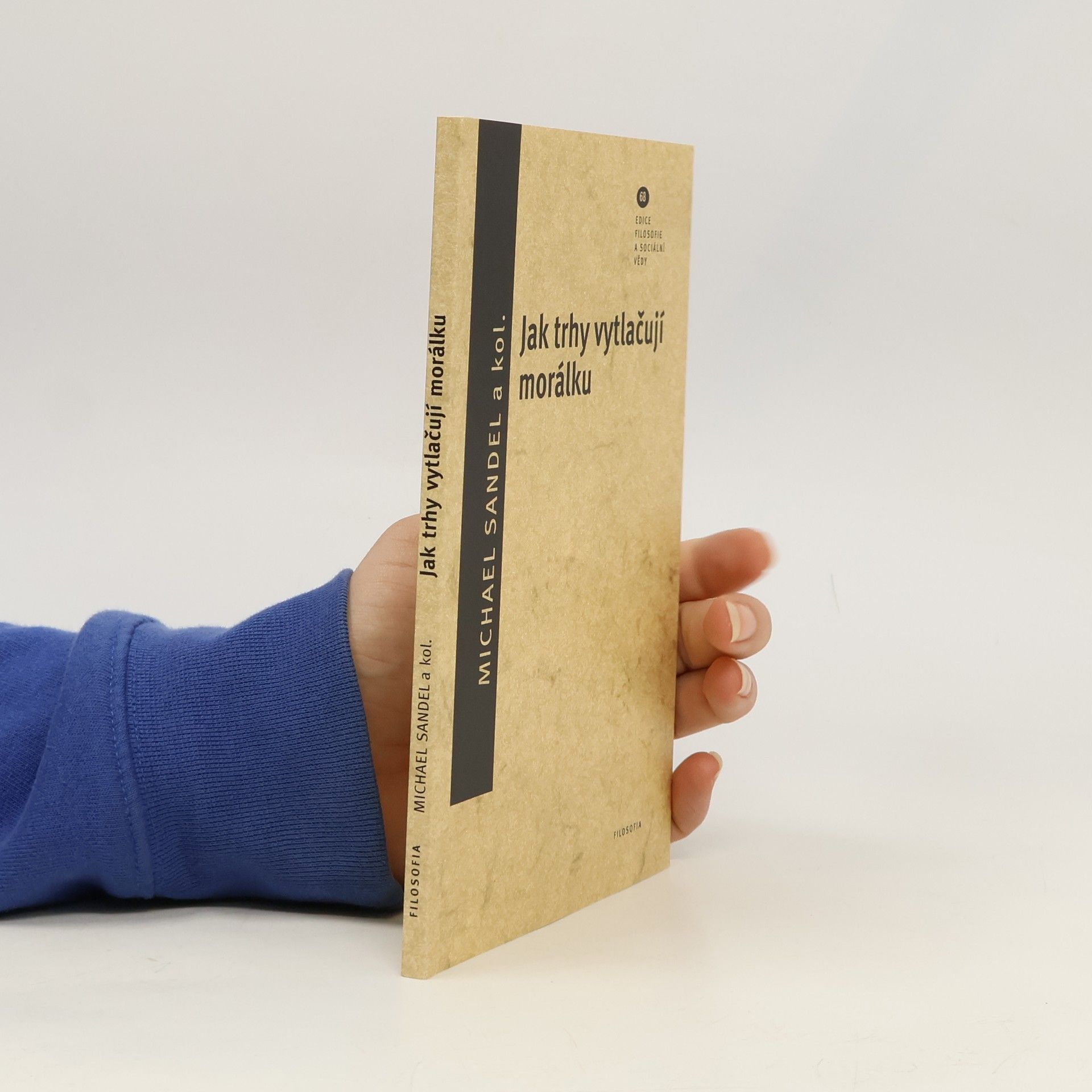Justicia
- 352 páginas
- 13 horas de lectura
En Justicia, el prestigioso autor y profesor Michael Sandel examina el papel de la justicia en nuestras vidas y en la sociedad, y explica cómo la filosofía puede ayudar a entender la política, la religión o la moral, e incluso nuestras propias convicciones. Deteniéndose en cuestiones tan polémicas como el aborto, la eutanasia, el matrimonio homosexual, el patriotismo o la disidencia, Sandel muestra que las cuestiones más importantes que afrontamos como ciudadanos pueden someterse a un debate racional. Justicia garantiza a los lectores de todas las edades e ideas políticas un viaje fascinante a través de los conceptos que subyacen en las controversias políticas y morales de la actualidad. Un libro fundamental para nuestra vida en sociedad

